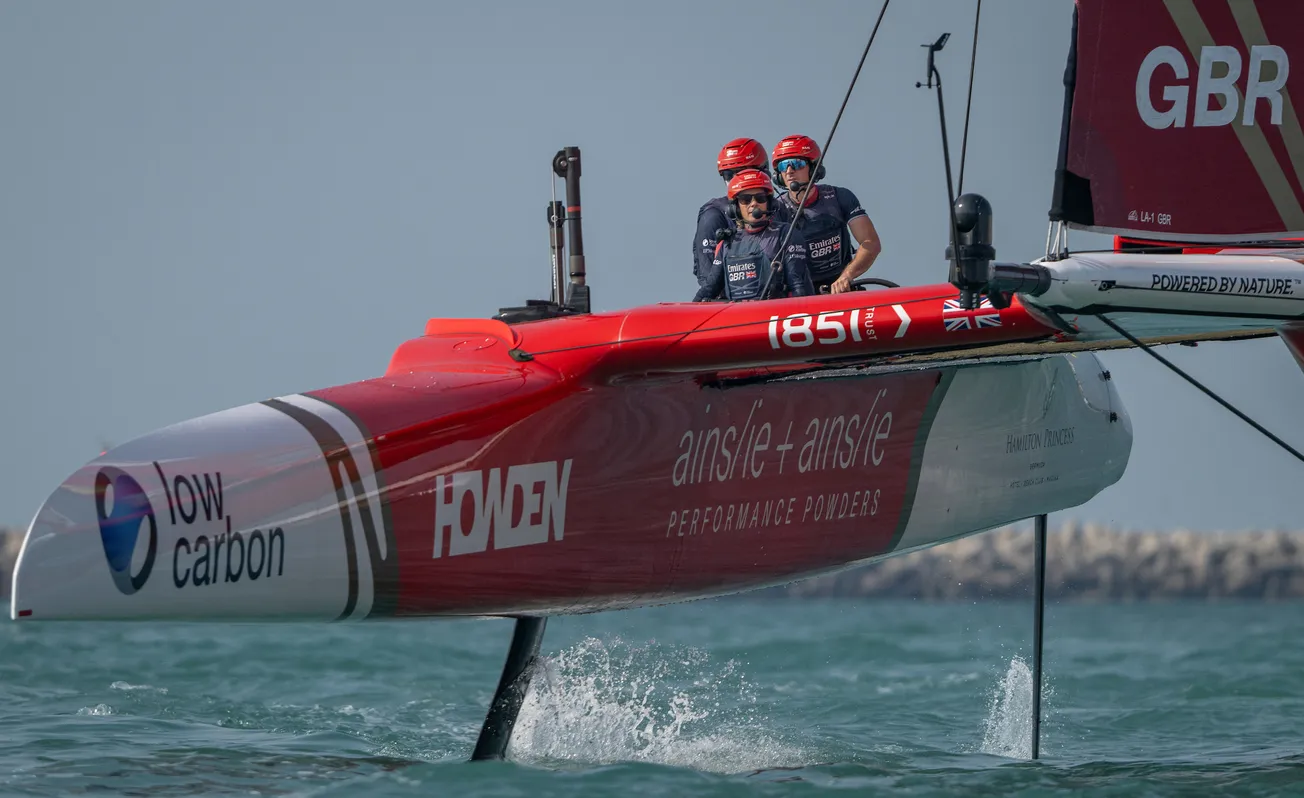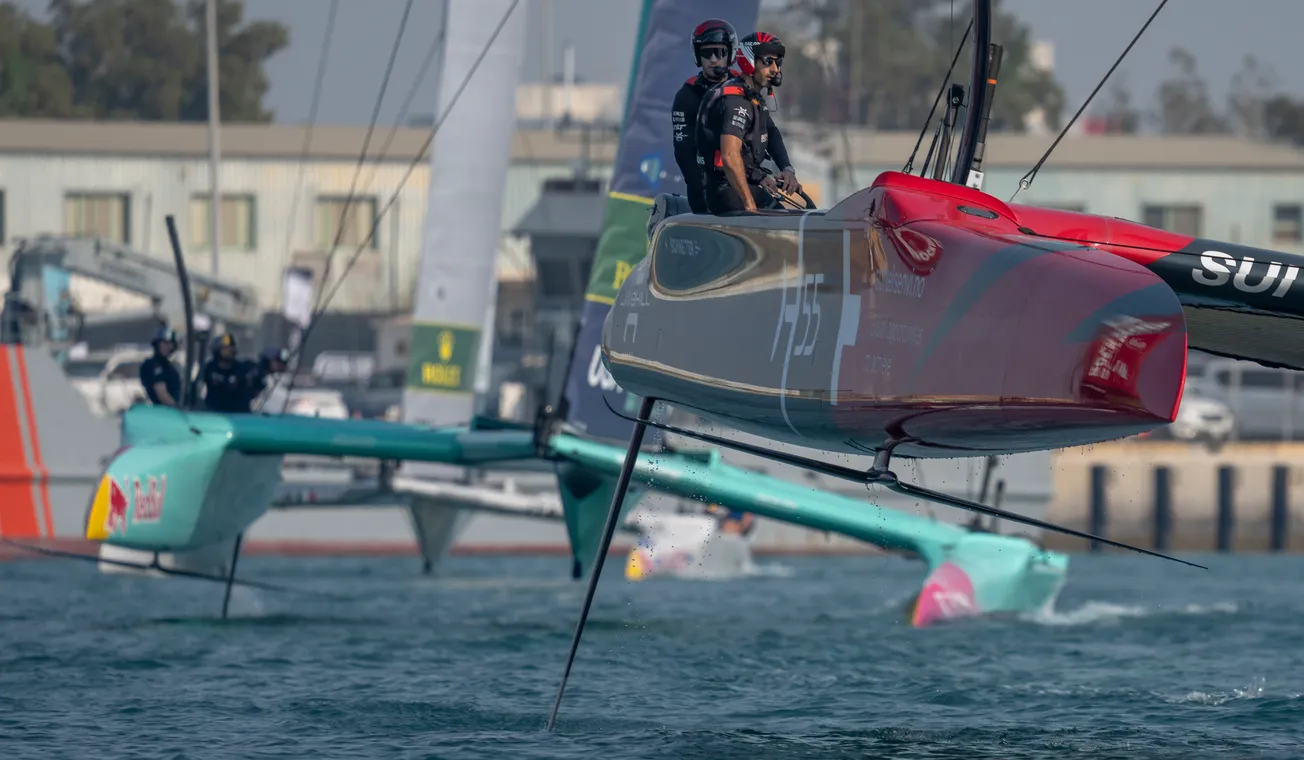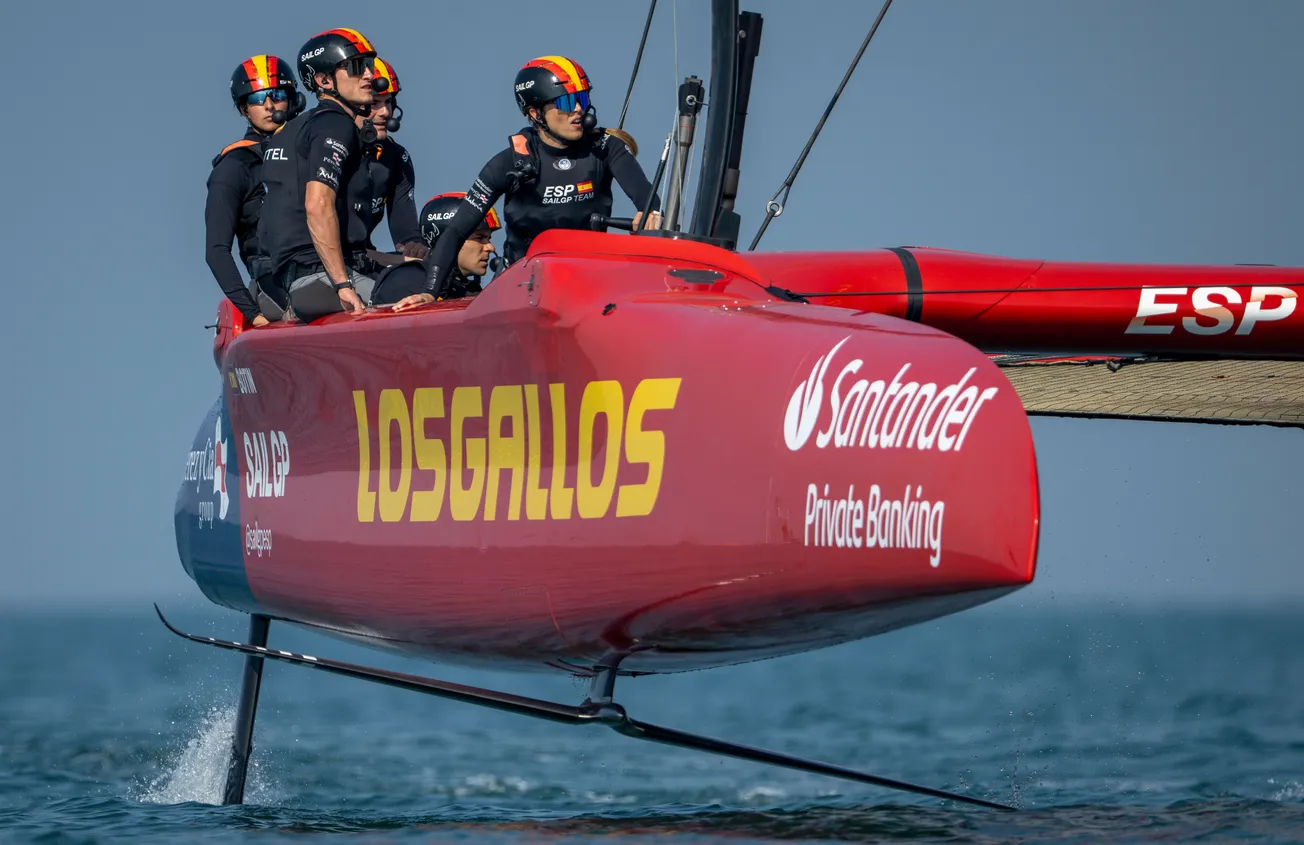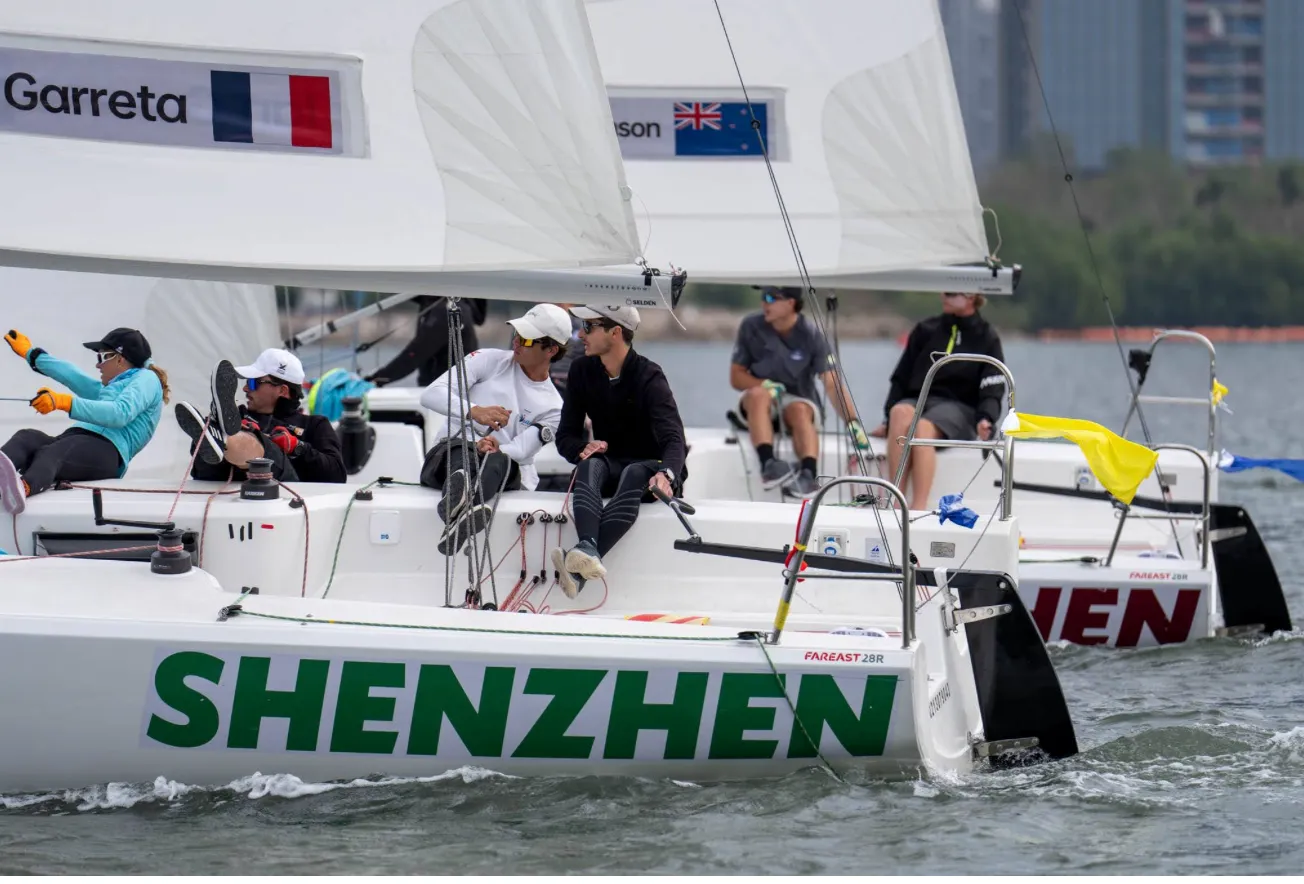Michel Desjoyeaux’s Unforgettable 2008-09 Vendée Globe Comeback Victory
We take an fond look back to 2008-09 when the now legendary French solo skipper Michel Desjoyeaux staged the greatest comeback in Vendée Globe history—starting last but overtaking every rival to win the solo around-the-world race for an unprecedented second time.
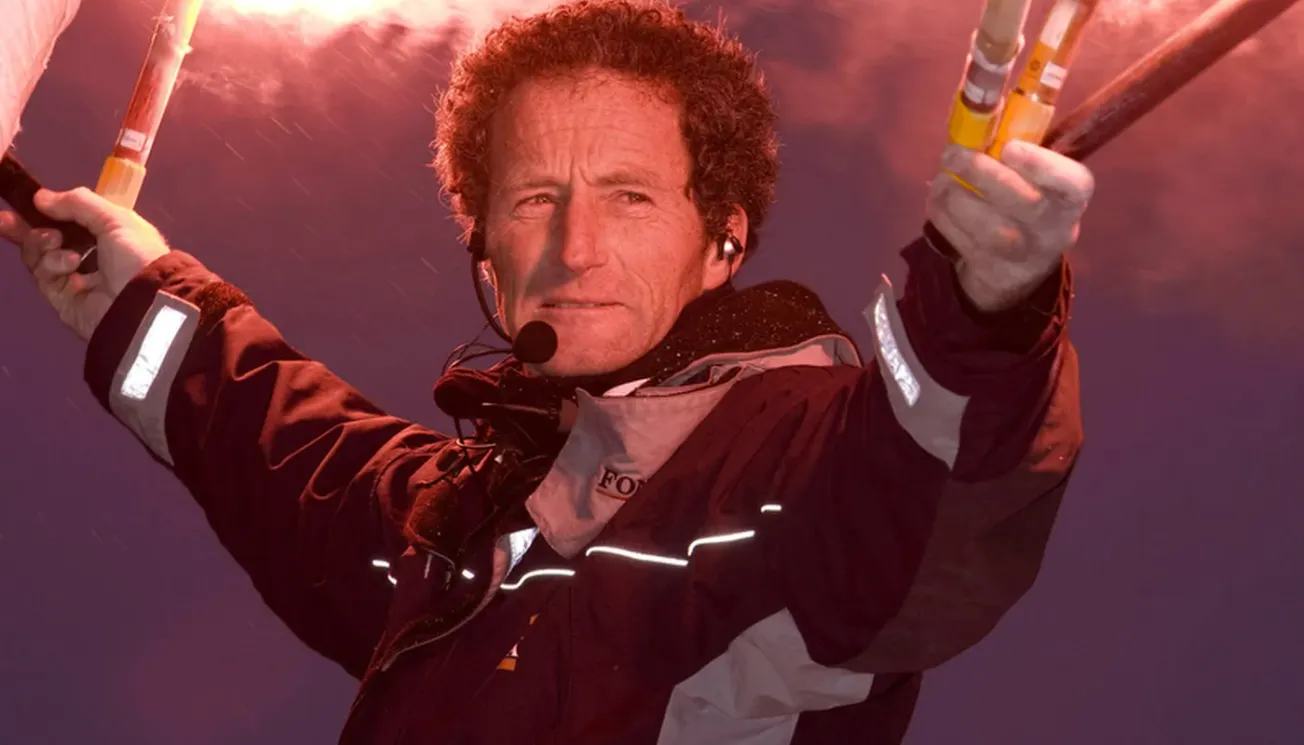
Latest
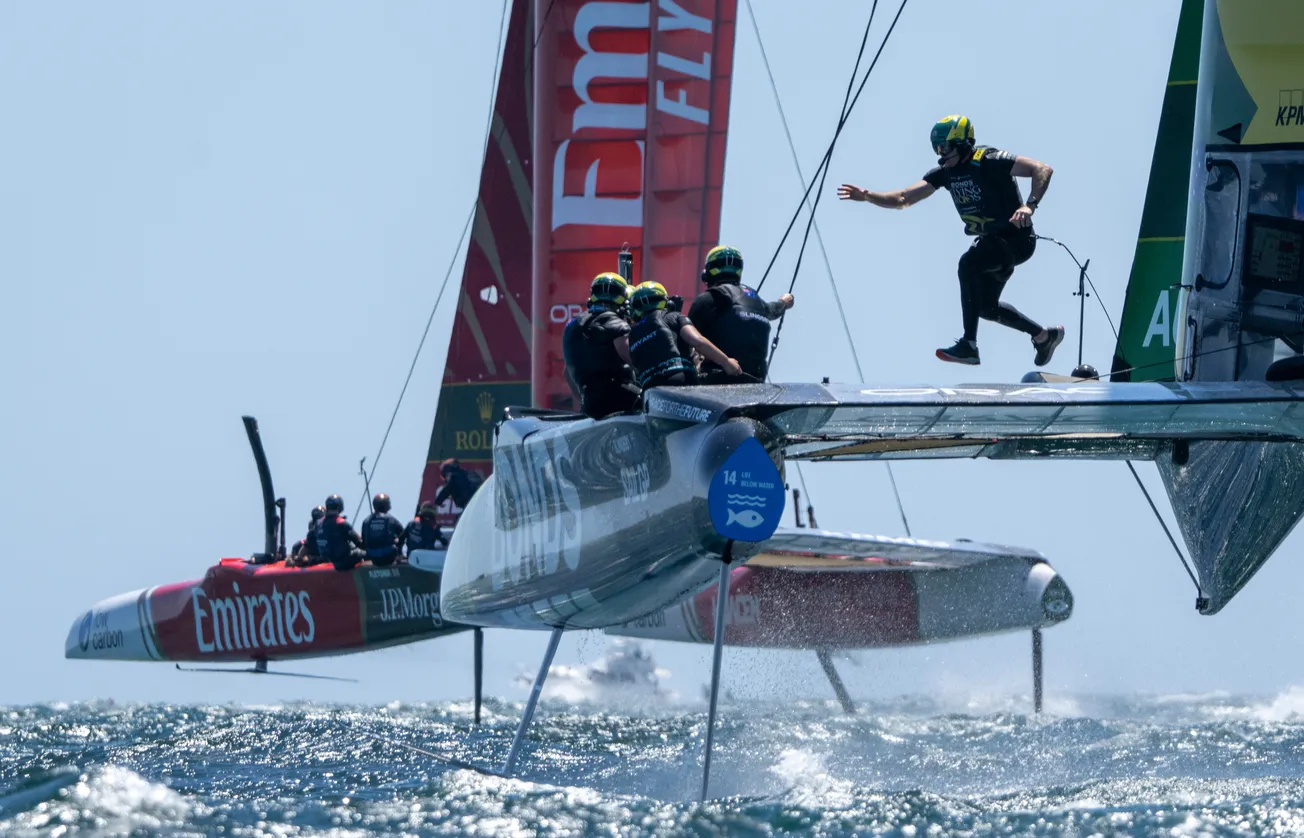
Podcast: SailGP Perth analysis
In this episode of the Yacht Racing Life podcast, British sailing journalists Justin Chisholm and Magnus Wheatley dive into the thrilling opening event of SailGP Season 6 which took place in Perth, Australia over the weekend.
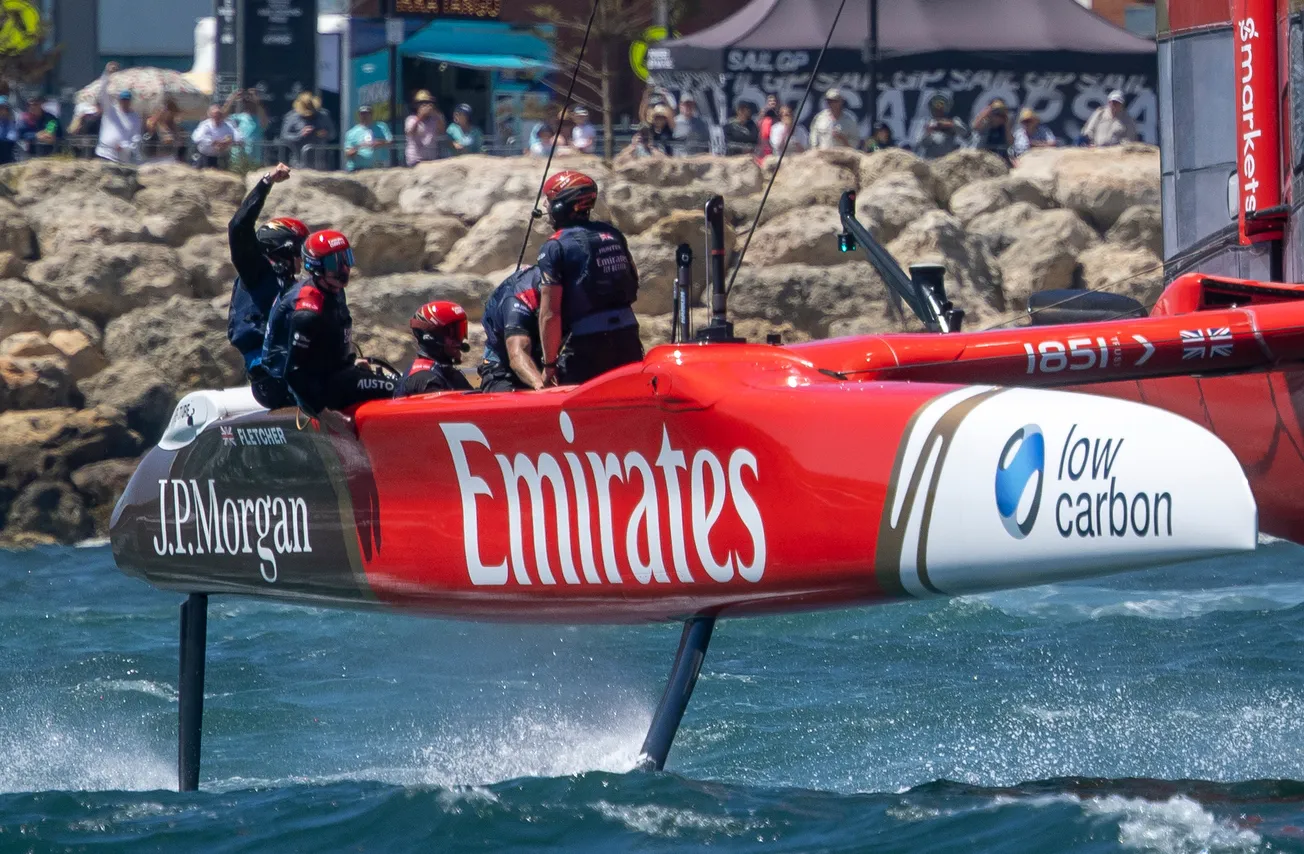
British defending champions dominate second day to win Season 6 opener
Defending champions Emirates Great Britain have sent a defiant message to their SailGP rivals with a commanding victory in the opening event of Season 6 after a supremely dominant second day of racing in blustery conditions on the choppy waters off Perth, Australia.
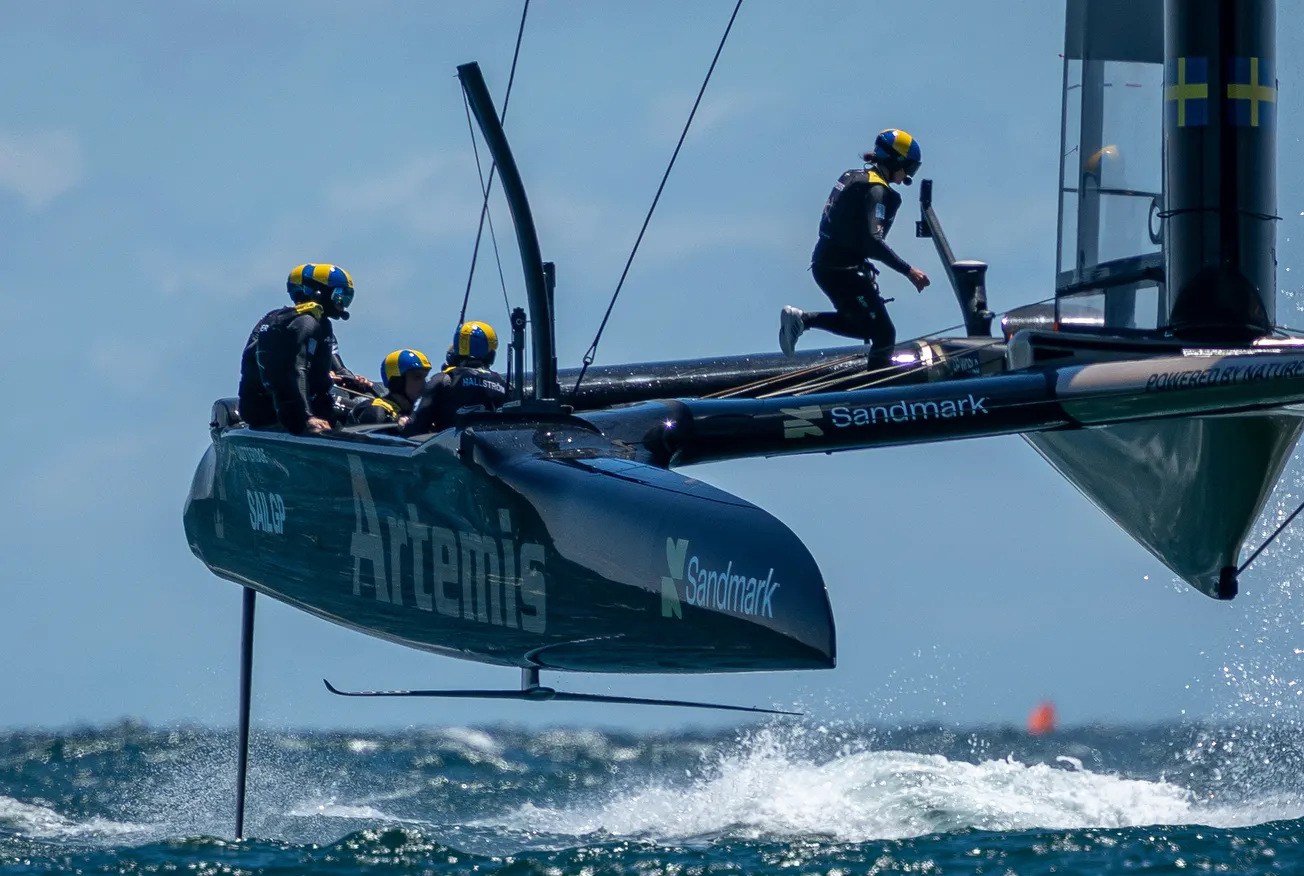
Swedish newcomers impress on turbulent opening day of SailGP Season 6 in Perth
The Rolex SailGP Championship’s 2026 Season opener has already wrought havoc across the fleet – with New Zealand out for the weekend after a shocking collision with the Swiss in race one. Artemis top the event leaderboard after a commanding performance that included two race wins.
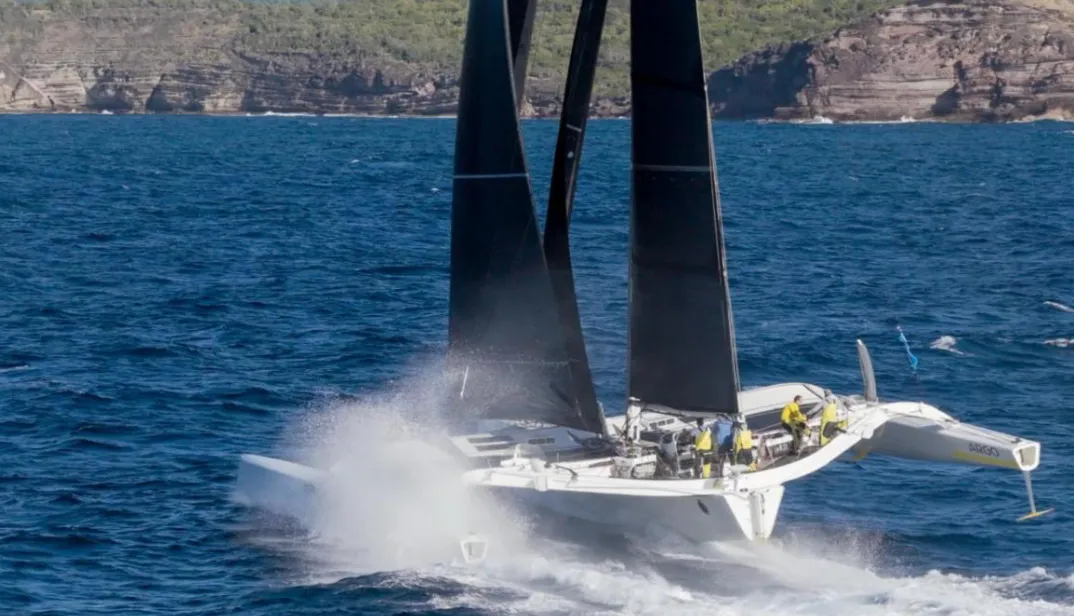
MOD70 Argo sets new multihull race record after close battle with Zoulou
Jason Carroll’s MOD70 Argo (USA) has claimed Multihull Line Honours in the 2026 RORC Transatlantic Race, crossing the finish line off English Harbour, Antigua, on Friday 16 January at 12:31:15 UTC.


